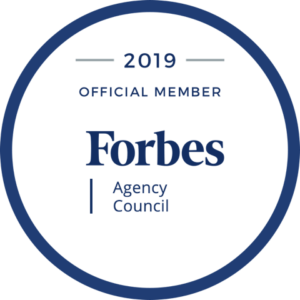Well …
One thing we haven’t discussed here is the belligerent, hostile, or grandstanding audience. You know, the audience you are compelled to present to, but the same one that’s also poised and ready to take you down?!? Ugh, no fun.
Aside from being astutely aware of whether the Q&A section of your presentation has turned into an opportunity for members of your audience to make their own speeches (ahem, grandstanding!), I’d like to encourage you to get in touch with and remember these core principles of a leader’s voice:
Be brief. No one has less time, patience, and tolerance than an unfriendly audience, or an audience waiting for their turn to pounce. At least win their respect – and possibly their support? – by being crisp, clear, and to the point. It’s much easier to get annoyed with a rambler than with someone who is succinct.
Be transparent. If you have to share bad or controversial news with an audience, be open about it. Tell them right upfront that this may be hard, or that not everyone will agree, but that you’re hoping at least they’ll be more informed. If there’s an element of discomfort and you’re the messenger, call it out; don’t try to downplay it or hope that it will go away on its own.
Be gracious. Despite the sometimes overwhelming temptation to push back with a corresponding level of hostility or even belligerent defensiveness, don’t … nothing good can come from that. Stay in your most gracious self. The dictionary definition of gracious is: courteous, kind, pleasant. Try to remain gracious, it’s the high road, you’ll be the bigger person.
Be sincere. Honest, yes, of course. But also sincere as a professional, sincere in your commitment and dedication to your work or your professional standards. People may not like what you have to say, but if you are sincere in your intentions to do right or do well, it can help a lot.
Leave the coat of armor at home, try brevity, transparency, graciousness, and sincerity!
Latest posts by Beth Levine (see all)
- New Agey Advice for Nervousness - November 3, 2022
- Your Passion Can Go a Long Way Toward Building Connection - October 10, 2022
- Keep stage fright a private matter while you’re speaking on a public stage! - August 11, 2022



